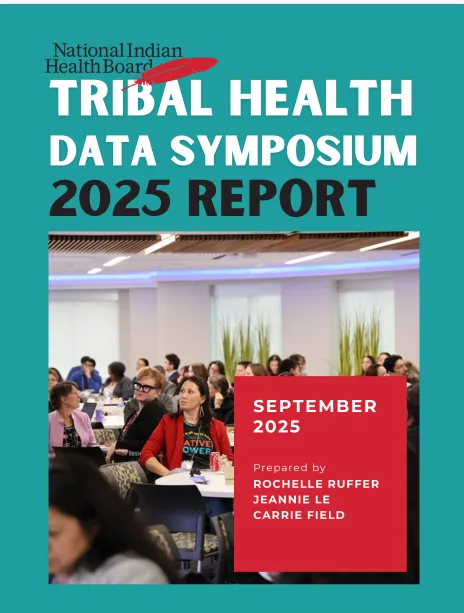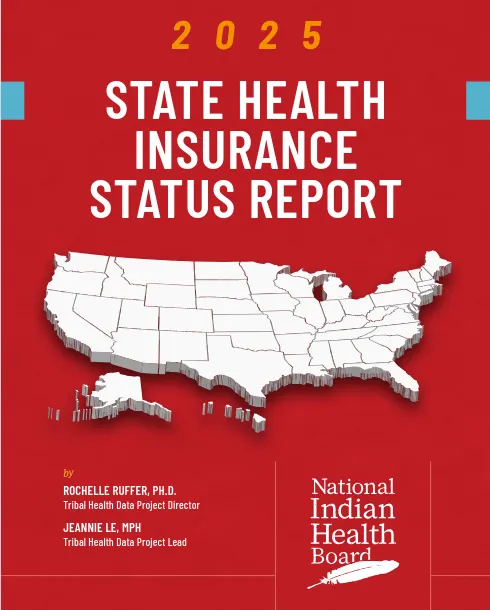Executive Summary
Tribal leaders on the National Tribal Budget Formulation Workgroup (NTBFW), serving all 574 federally recognized sovereign Tribes throughout the twelve Indian Health Service (IHS) Areas,
met on February 11-12, 2025, to exercise their right to provide meaningful input on IHS budgets and policy in the formulation of the President’s FY 2027 Budget Request to Congress. This meeting marked the 50th anniversary of the Indian Self-Determination and Education Assistance Act (ISDEAA) of 1975, which gave Tribal governments the right to administer and oversee the implementation of federal programs, thus encouraging self-determination and self-governance.
Our political status, reaffirmed by the U.S. Constitution, treaties, statutes, court decisions, and federal administrative law, creates opportunities for Tribal Nations to advance the health status of American Indian and Alaska Native (AI/AN) people. AI/AN populations continue to experience unique determinants in health outcomes, which can be addressed through our innovative and culturally appropriate health care delivery system. In 2024, the Chickasaw Nation Department of Health received the renowned Malcolm Baldridge National Quality Award, setting new standards and best practices for health care delivery to AI/ANs. The Indian health care system is inherently resilient, building upon our innovations to deliver unique, whole-person care and improves health outcomes for our people.
In 2024, we also celebrated the approval of section 1115 Demonstration Waivers, which provide expenditure authority through Medicaid and the Children’s Health Insurance Program (CHIP) to cover traditional health care practices provided through the Indian health care system.1 This long-time request honors traditional practices our communities have utilized since time immemorial that improve the mental, physical, and spiritual health of AI/AN citizens. Our clinics continue to implement effective and efficient health care services, programs, research, operations, and community events as solutions to bring AI/ANs through our doors to receive culturally competent, high-quality care.
For the first time, the Medicare Outpatient Prospective Payment and Ambulatory Surgical Center Payment System (OPPS) Final Rule2 created a regulatory fix allowing Indian health care clinics to get reimbursed at the facility rate for services provided outside the four walls. The OPPS Final Rule also included a high-cost drugs provision to reduce the burden on Tribes paying out-of-pocket for medications critical to Native beneficiaries. These fixes maximize resources desperately needed for the Indian health system and allow clinics to extend their resources further to deliver high-quality and culturally appropriate care to AI/AN citizens.
Indian Country has made major improvements in the government-to-government relationship and the acknowledgement of the federal trust responsibility to deliver health care services to AI/AN beneficiaries. Tribal self-determination has and will continue to improve the health status of our people. Still, as promised and legally mandated, we must receive appropriate funding resources under the federal trust responsibility to continue implementing our strategies and solutions to advance the health care and health status of Indian Country.




